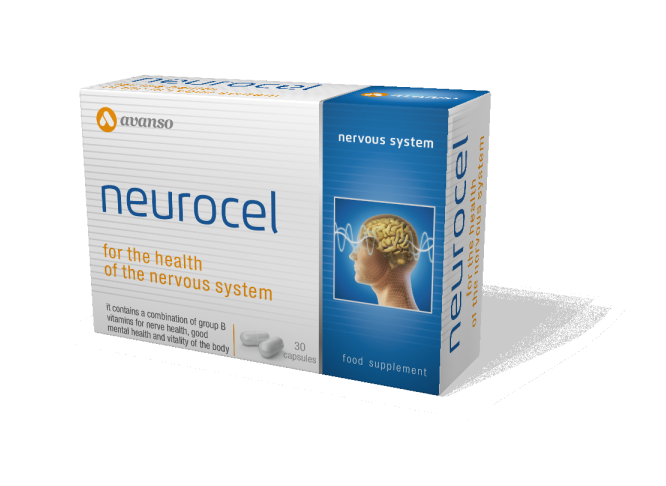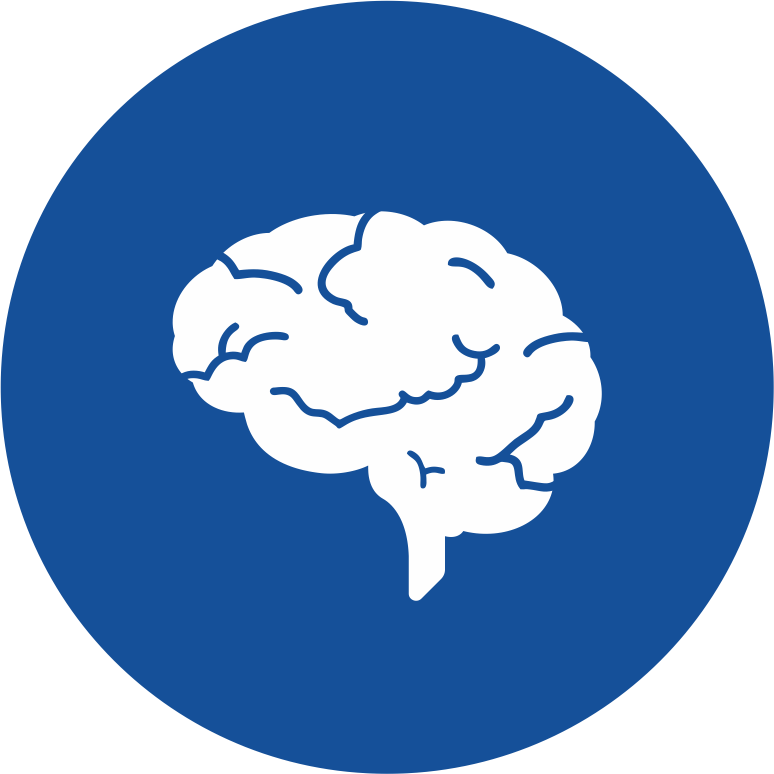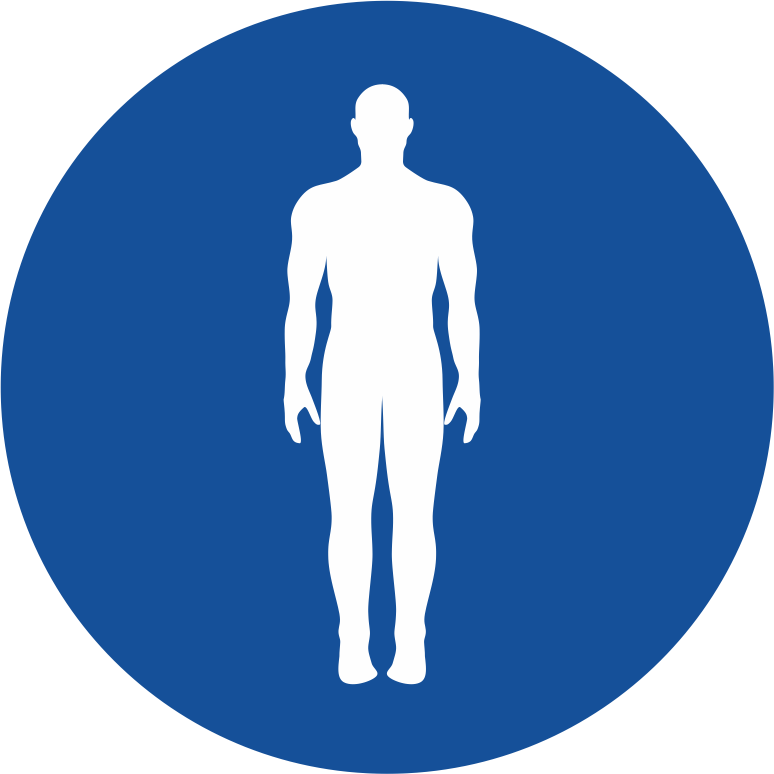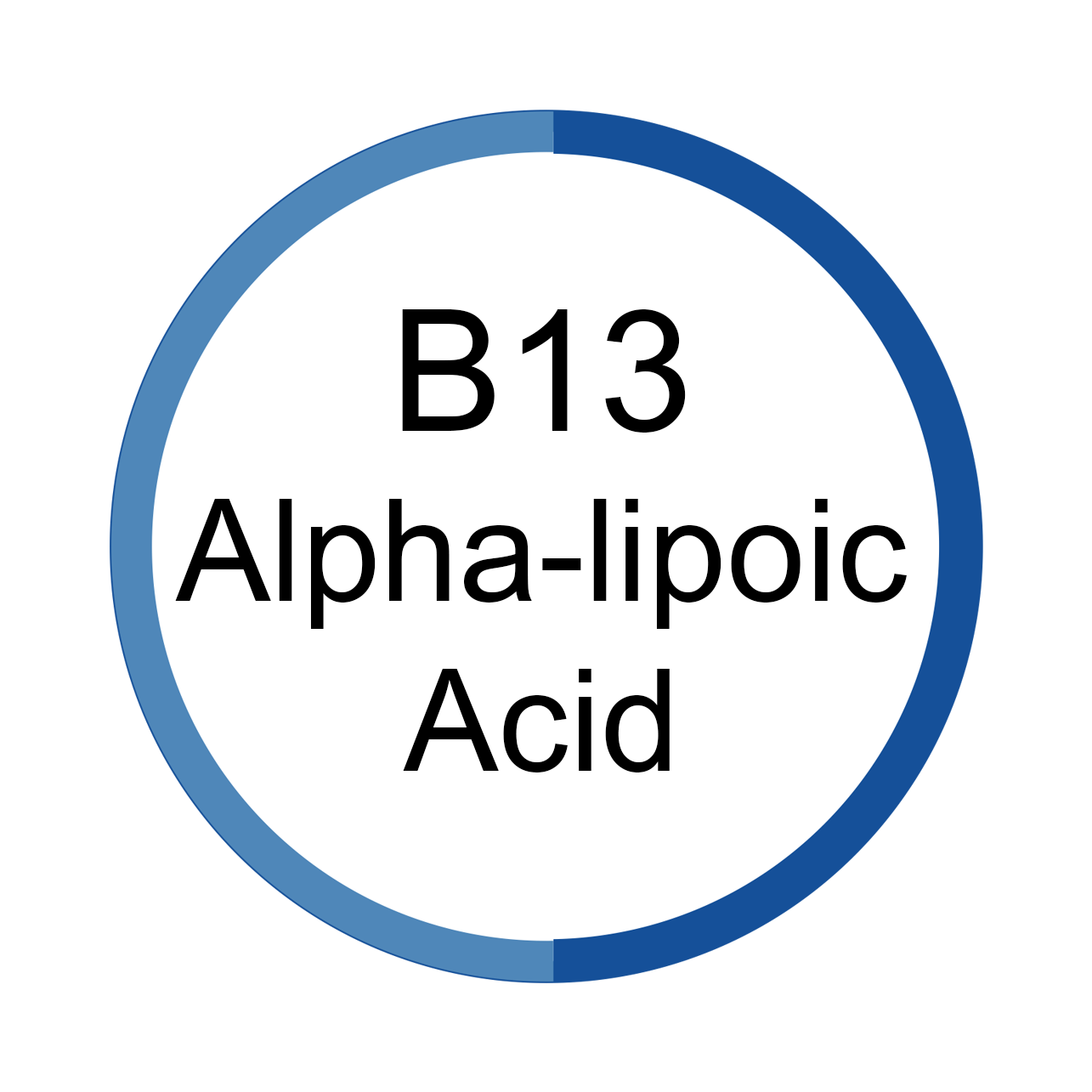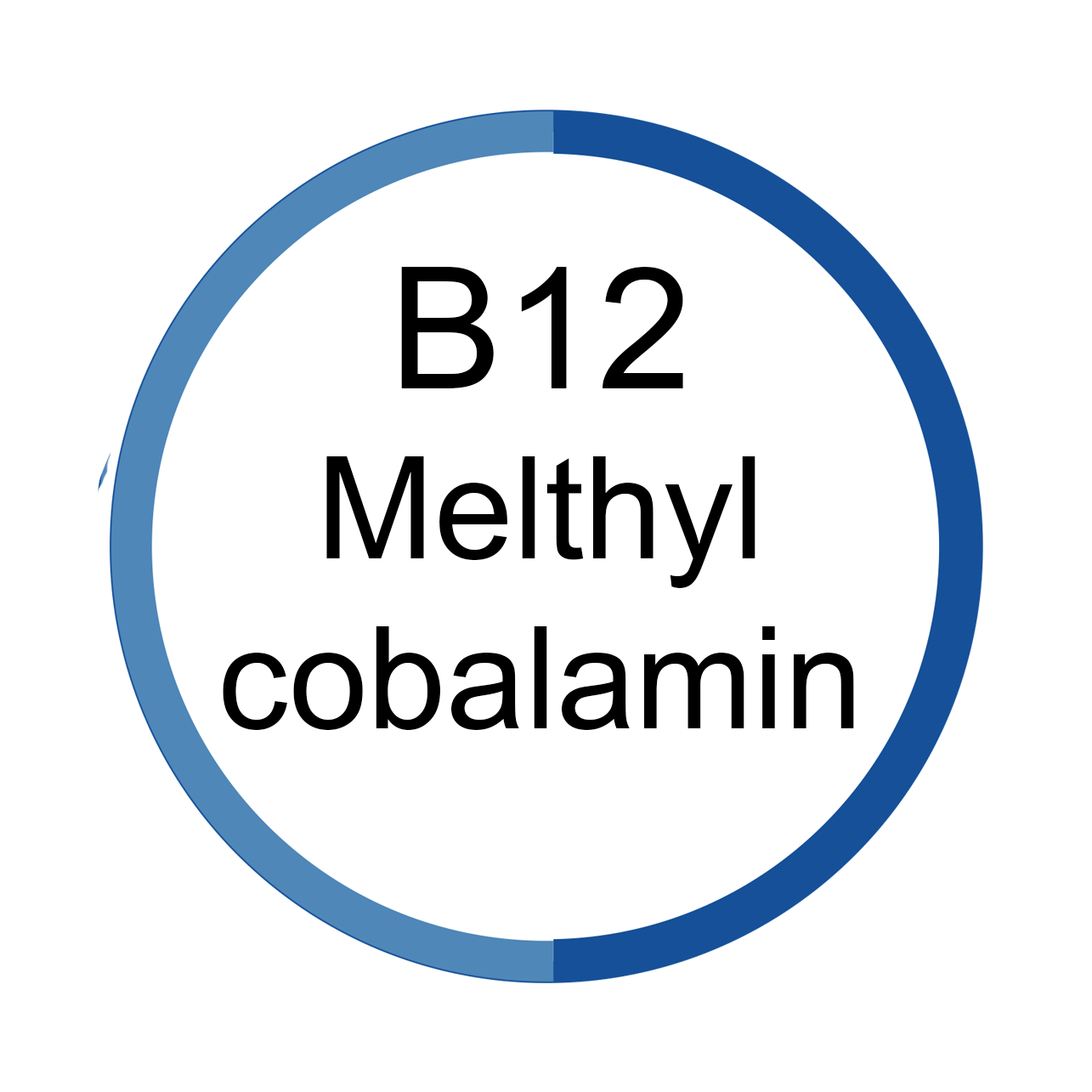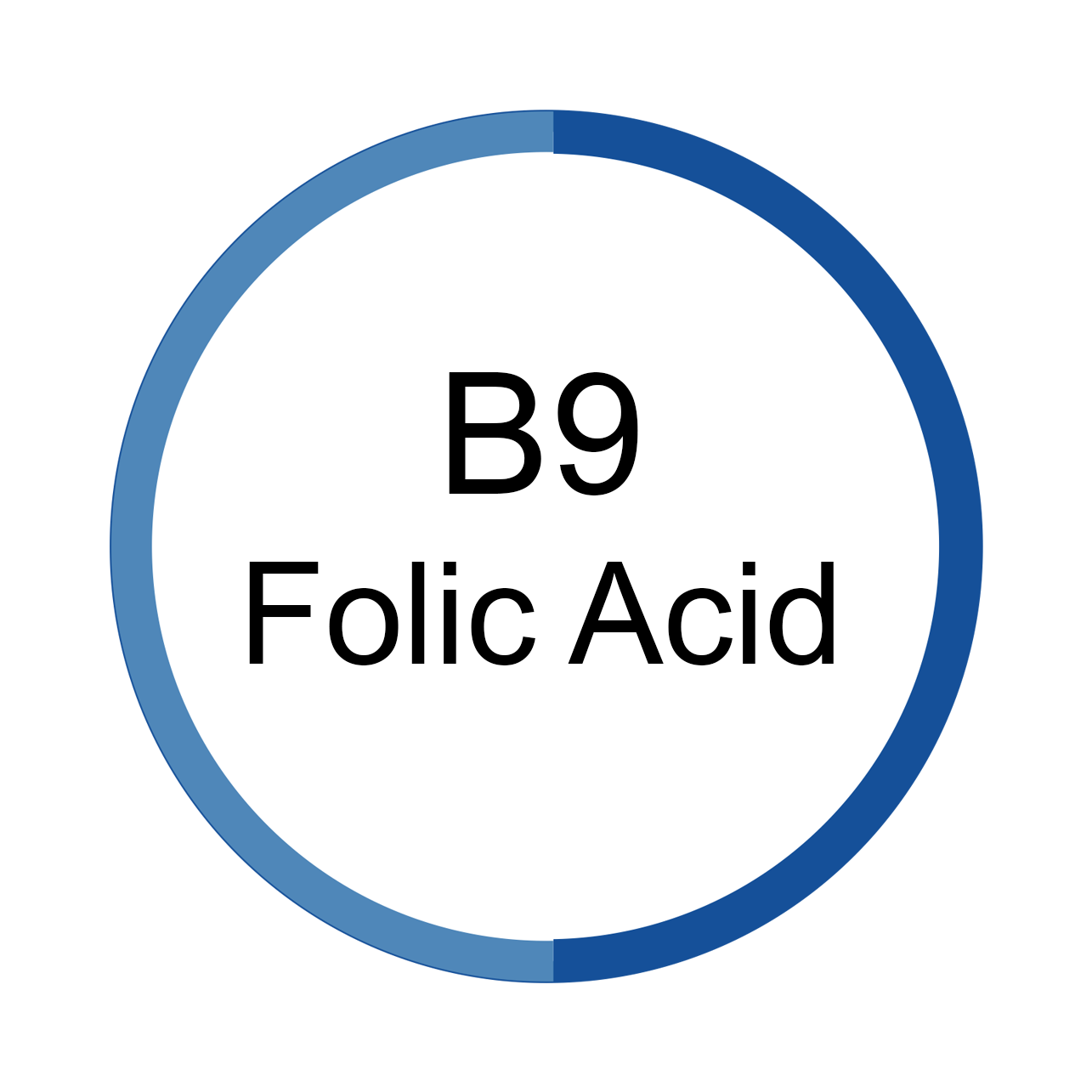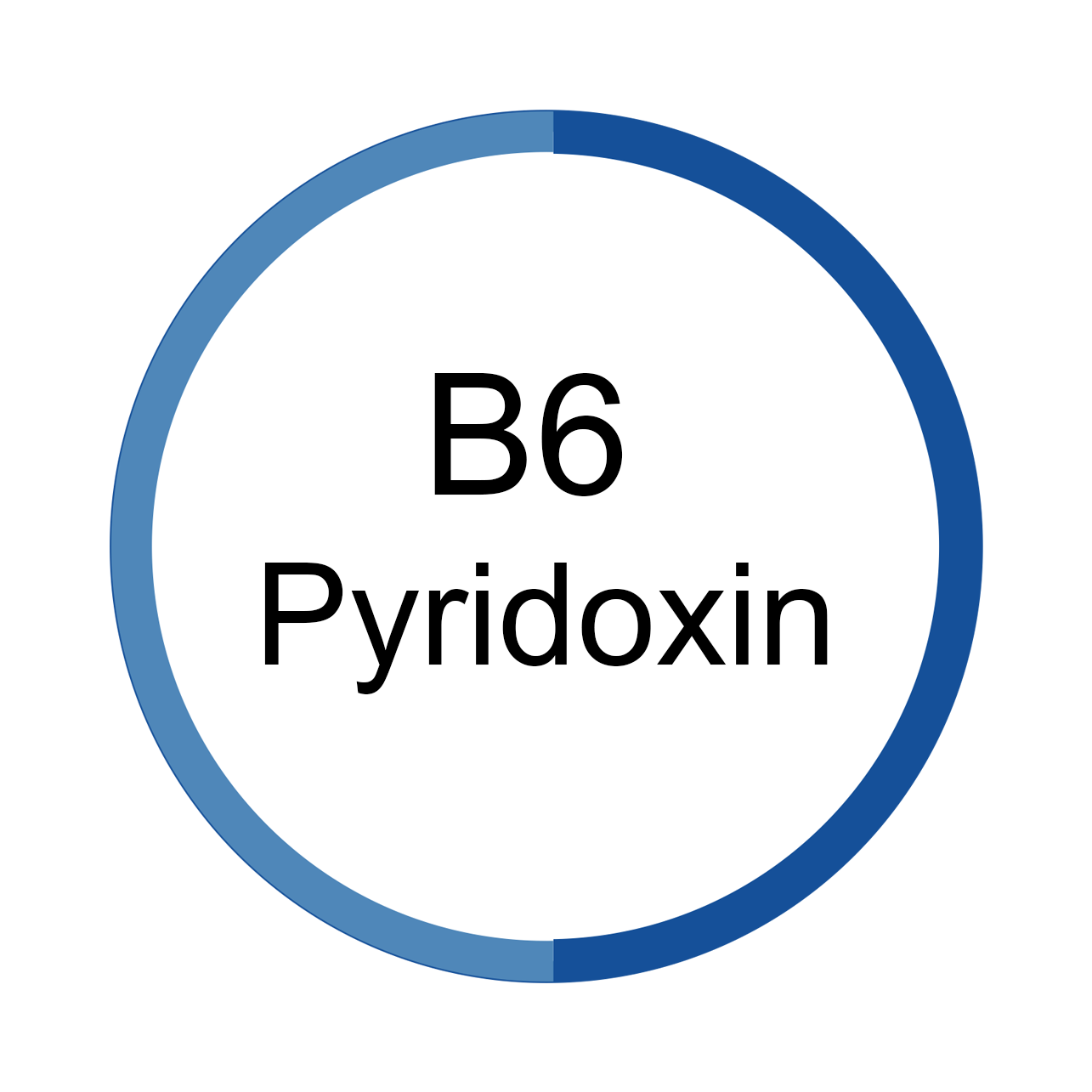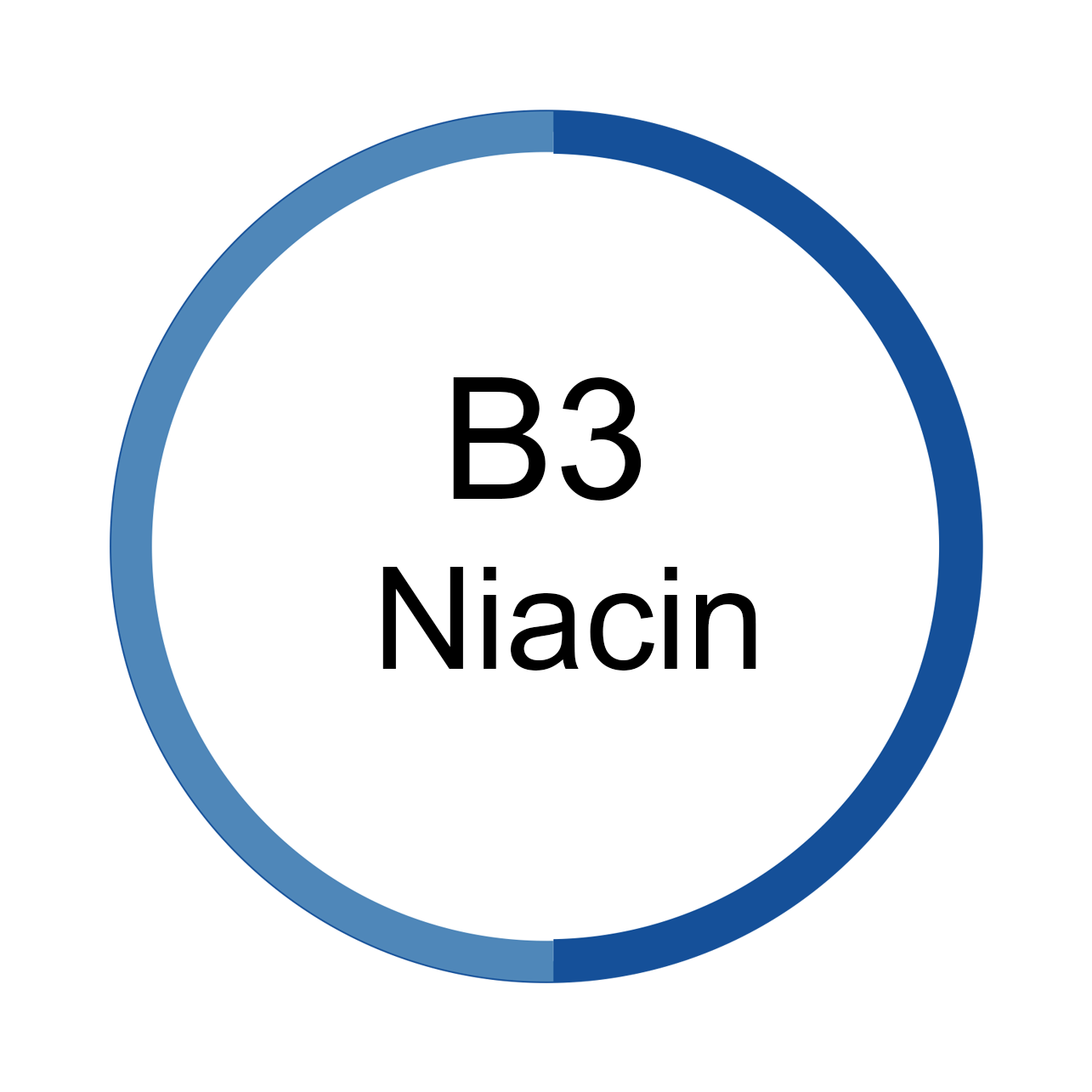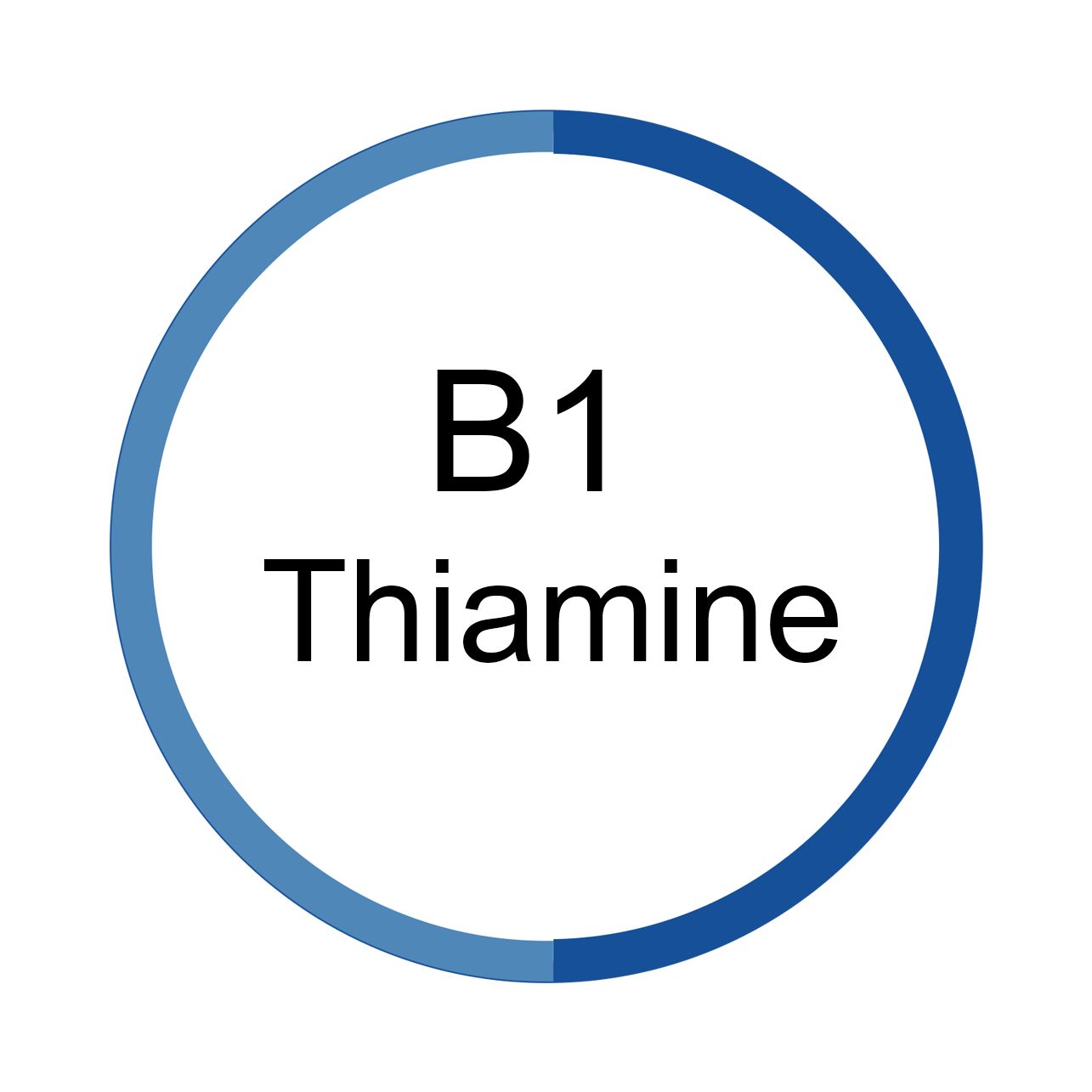Health of the nervous system
Neurocel is a brand-new innovative product with advanced and effective composition. It contains high dose of Methylcobalamin, Alpha lipoic acid, Pyridoxine, Thiamine, Niacin and Folid acid.
Neurocel nourishes nerves and provides complex care for nervous system and mind. The product formulated to match the latest scientific research on nervous activity and brain function.
Neurocel will help you to be happy and calm again
Neurocel is an unique product suitable for people with increased mental activity.
People with sedentary jobs or students are often tired, unable to read and concentrate for a long time. People with increased physical activity and athletes also need endurance and psychological resistance. Seniors may suffer from headaches, memory failure and depression.
Depression has a long-term course, it is often unrecognizable and manifests itself with physical difficulties. People complain about various subjective problems, their cause is in unsatisfactory mental state.
Neurocel contains a strong dose of methylcobalamin and other B vitamins, which contribute to normal nervous system activity, good mental activity, and reduced fatigue and exhaustion.
Neurocel contains active B vitamins that positively affect the function of the entire nervous system, including brain.
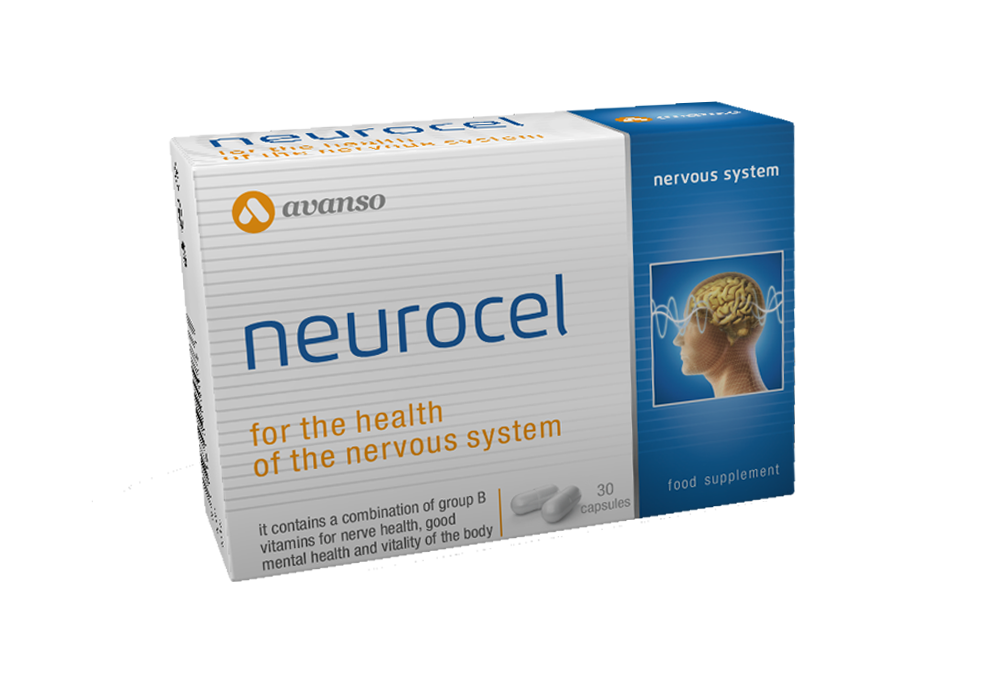
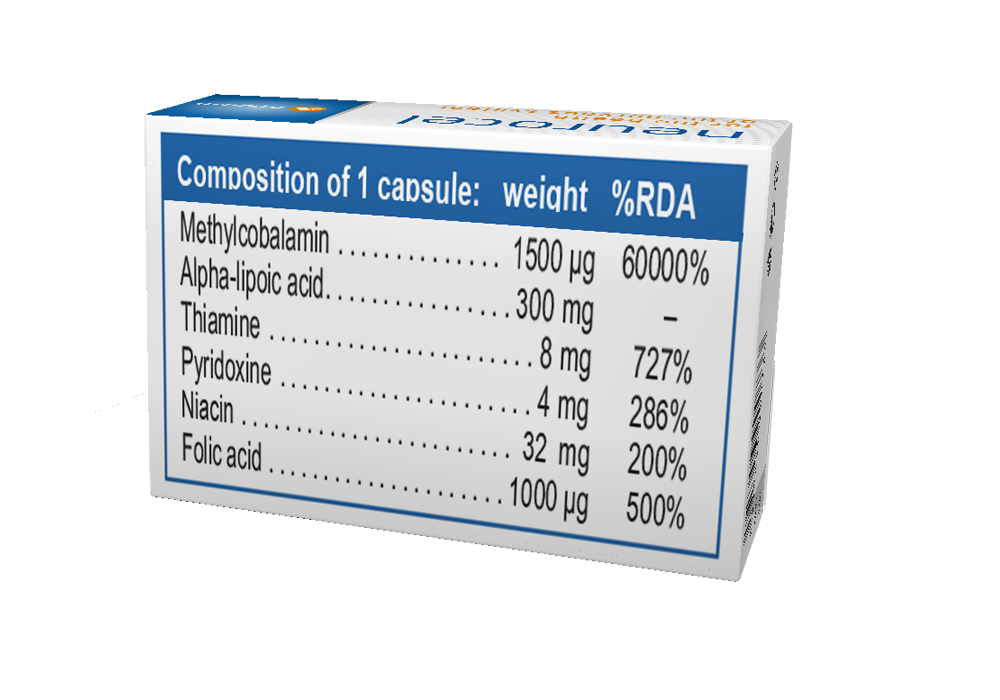
6 important vitamins in one capsule
Alpha-lipoic acid
Alpha-lipoic acid is known for being an extremely powerful antioxidant supplement with special molecular capabilities. The structure of the alpha-lipoic acid molecule differs from all other antioxidants, allowing it to penetrate and protect tissues that otherwise cannot benefit from antioxidants, such as the brain, liver and nerves.
By assisting enzymes and B-vitamins, alpha-lipoic acid speeds the translation of the foods we eat into a usable energy source for the body.


Methylcobalamin
Methylcobalamin creates two major effects in the brain which are responsible for many of its neuroprotective, longevity enhancing benefits. First, the compound eliminates excessive levels of homocysteine in the brain. This substance is often cited as the leading cause of vascular degeneration in the brain.
Next, Methylcobalamin improves the health and function of nerves in the brain. It can rebuild damaged nerves and contributes to the maintenance of function that is normally decayed during the aging process.
Folic acid
This supplement, which is also known as vitamin B9, is essential for repairing damaged cells in the body. It feeds DNA synthesis, and it’s needed for preventing anemia (a condition involving a lower than normal quantity of red blood cells).
A deficiency in folic acid may have an impact on developing the symptoms of diabetic neuropathy. Foods that contain folate, the naturally occurring form of folic acid, include orange juice, spinach, asparagus, garbanzo beans, lima beans and lentils.
Low level of folic acid in the body can also cause fatigue and depression.


Pyridoxine
Pyridoxine has a vast and varied impact on the nervous system. It is involved in the creation of amines, which are messaging molecules that transmit messages from one nerve to another, otherwise known as neurotransmitters.
It is needed for normal brain development and function, and helps the body make the hormones serotonin and norepinephrine, which influence mood, and melatonin, which helps regulate the body clock.
Niacin
Vitamin B3, also known as niacin is one of the eight B-complex water-soluble vitamins. Like other B vitamins, niacin helps the body break down carbohydrates, fats and proteins into energy.
The most common and least severe side effects of niacin deficiency may include depression, apathy, anxiety, headache, fatigue, disorientation and memory loss.
Niacin is important for proper functioning of all cells, including the cells of the brain and nervous system. When the nervous system is working properly, symptoms such as restlessness, anxiety, mood swings and insomnia can be prevented.

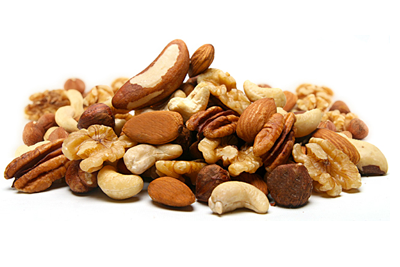
Thiamine
Thiamine is one of the B vitamins family and it is needed to convert carbohydrates from our food. The main role of carbohydrates is to provide energy for the body, especially for the brain and nervous system.
Without enough “fuel” from food going towards the function of our nervous system, we can experience nerve damage that can result in trouble moving, learning, and remembering information.
Thiamine also helps with proper development of myelin sheaths, which wrap around nerves to protect them from damage and death.
What is it ?
The nervous system is a complex network of nerves and specialized cells known as neurons that transmit signals between different parts of the body. It is through the nervous system that we communicate with the outside world and, at the same time, many mechanisms inside our body are controlled.
Structurally, the nervous system has two components: the central nervous system and the peripheral nervous system. The central nervous system is made up of the brain, spinal cord and nerves. The peripheral nervous system consists of sensory neurons, ganglia (clusters of neurons) and nerves that connect to one another and to the central nervous system.
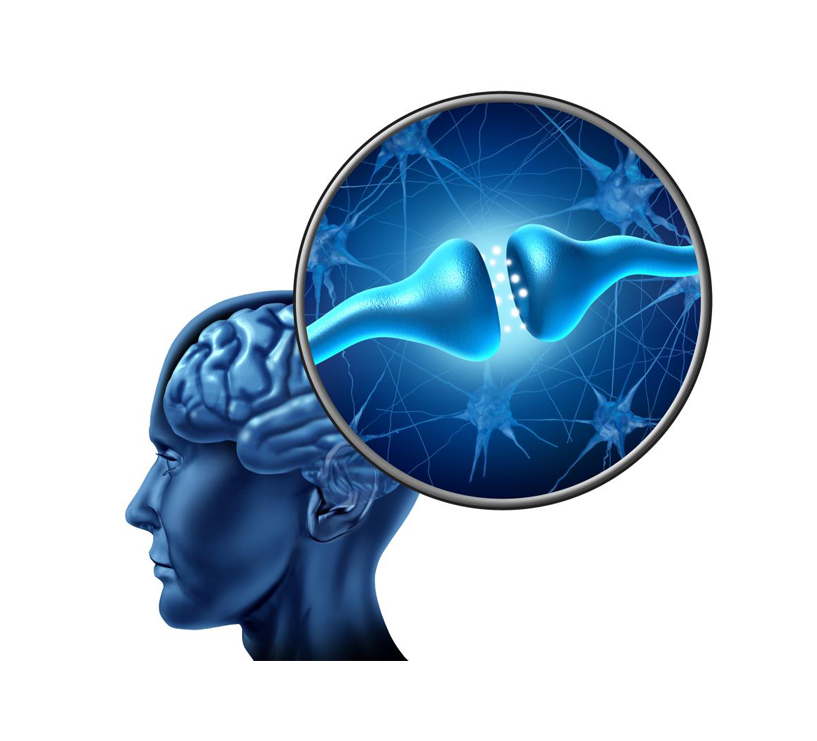
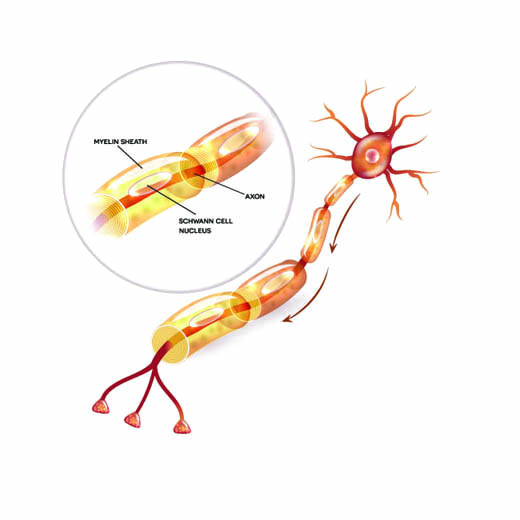
Neuropathy
Peripheral neuropathy, a result of damage to your peripheral nerves, often causes weakness, numbness and pain, usually in your hands and feet. It can also affect other areas of your body.
People with peripheral neuropathy generally describe the pain as stabbing, burning or tingling. In many cases, symptoms improve, especially if caused by a treatable condition.
Neuropathy usually begins at the end of your longest nerves, which are in your feet and hands. Nerve damage from neuropathy can be caused by a number of different conditions, including diabetes and vitamin B deficiency. Neurocel contains B vitamins which are crucial to nerve health.



